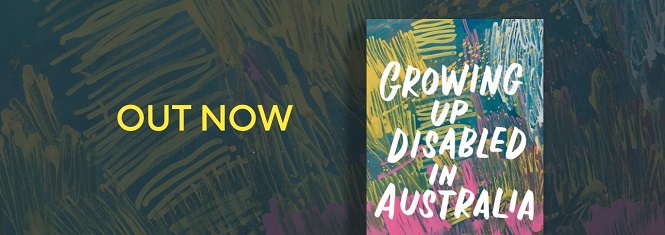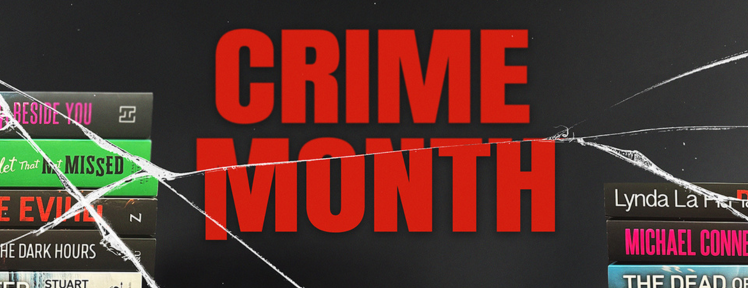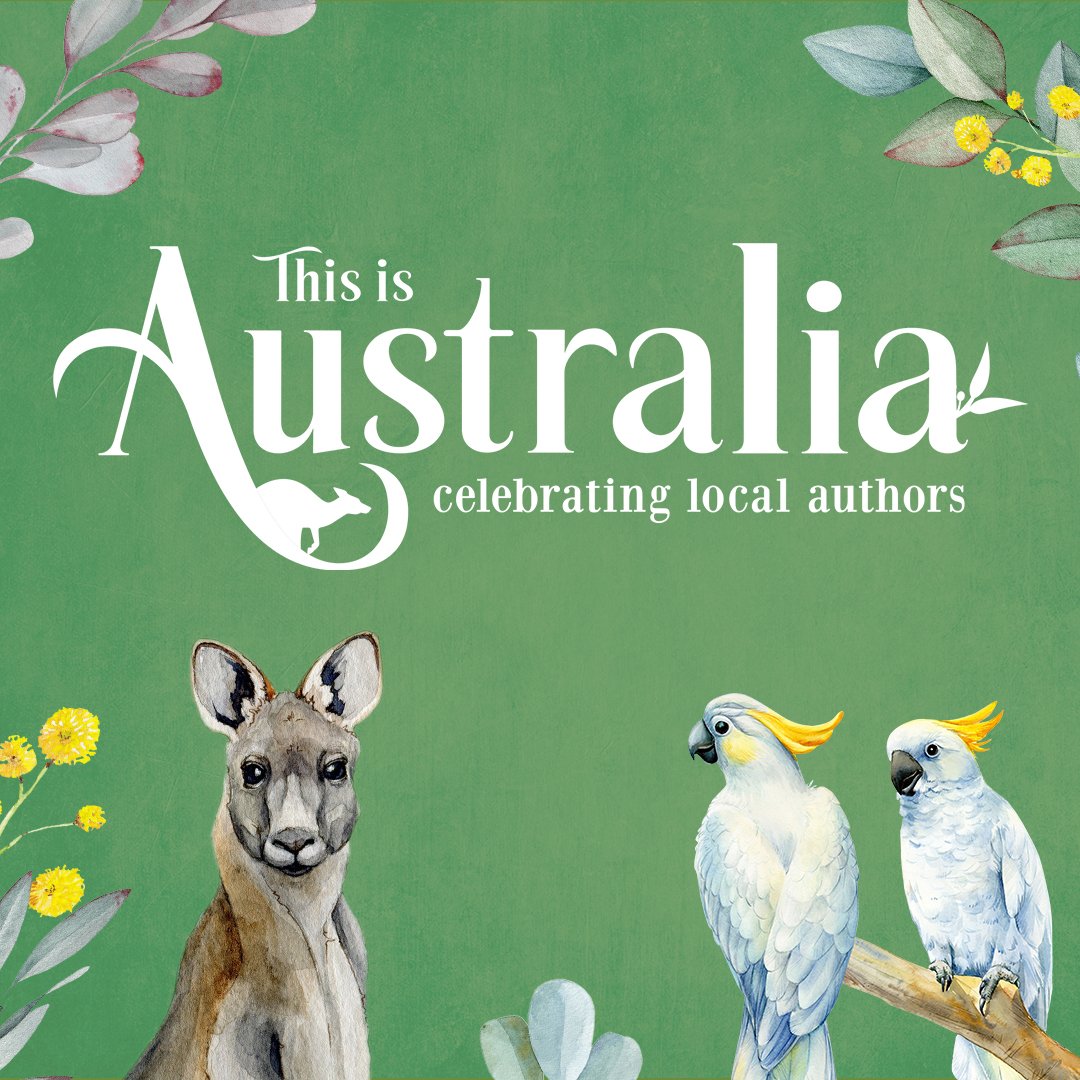Carly Findlay OAM is a writer, speaker and appearance activist. She is the author of the memoir Say Hello and the editor of Growing Up Disabled in Australia. She has been published in the ABC, The Guardian, The Age, The Sydney Morning Herald, CNN and Vogue.
Today, Carly Findlay is on the blog to answer a few of our questions about Growing Up Disabled in Australia. Read on!
Welcome to The Booktopian! Can you please tell us a little bit about yourself?
CF: I am a writer, speaker and appearance activist. I have been writing about appearance diversity and disability issues for over ten years now. I’ve written for the media, and also presented on the radio and TV. I really enjoy live music, fashion, reading, travel and I’ve just started to roller-skate again – after not doing it since I was about 12. It’s harder than I thought it would be at such a mature age – but no injuries yet, touch wood.
Tell us about the book you’ve edited, Growing Up Disabled in Australia!
CF: This book has made history. It’s the first of its kind in Australia – an anthology of disabled people’s stories, edited by a disabled person. Contributors include Andy Jackson, Gayle Kennedy, El Gibbs, cubbie mako, Astrid Edwards, Robin Eames, Jessica Walton, Ricky Buchanan, Isis Holt, Dion Beasley, Eliza Hull and Sarah Firth.
There is an incredible range of experiences of disability on the pages – contributors range from those growing up to elders in the community, First Nations people, culturally and linguistically diverse people, people who are from the LGBTIQA + communities, people from the city, regional and rural areas and everywhere in between, and different impairments and access needs. There’s also a diversity in the way stories are told – essays, poetry, artwork and interviews. One contributor wrote their poems at an intellectual disability conference. Another sent us an excerpt of their children’s book. I sat down and interviewed one contributor for over an hour – there were tears and laughs. All contributors have given so much of themselves – I can’t wait for you to get to know them.
It is important that disabled people tell our own stories. Often we are left out of media, policy, employment and the arts – non-disabled people speak for us. But “nothing about us without us”! Own voices matter. And this book centres disabled people – each contributor tells their story on their own terms.
I am very proud.
How did you come to be the editor of this anthology? Can you tell us a little bit about the process of selecting submissions and putting it together?
CF: I was approached by Maxine Beneba Clarke to write a piece for Growing Up African in Australia in July 2018. I said yes, and on the same day, I asked my agent if we could pitch Growing Up Disabled in Australia. I had seen some demand for it on Twitter, so I thought, why not? We pitched it, and Black Inc. said yes, and the rest is history.
That pitch seems like so long ago now – the embargo was many months, and we announced the call for submissions on 3 December 2018 – International Day of People with Disability. The submission process was open for six months. We received 366 submissions, and I read them over two months. And then I took an intersectional approach to the selection – ensuring there was a range of impairments, and also a diverse range of people. I wanted to show that disabled people are not homogenous, and also that our identities intersect. I also wanted to showcase the many and varying ways people experience disability – from inaccessibility and discrimination to pride and discovering community and culture.
Where there were gaps, I asked a few people to contribute, or change their narrative a little.
We announced contributors in October 2019, and the cover reveal was exactly a year to the day of us calling for submissions. The cover art is by a disabled artist – Wendy Dawson, part of Arts Project Australia. That was important to me too.
And then the release was impacted by COVID-19. It was supposed to be out in June 2020. It made sense to hold off on releasing it in 2021.
A lot of access considerations were made too – from writing the information about the submission process to the way we received submissions (in a format most accessible to the writer), to access in marketing and promoting the book.
I have worked on a contributors’ guide to help them with media and events, and also a media guide to help journalists report on the book respectively and without pity or sensationalism.
You released your memoir, Say Hello, in January 2019. How did you find the publication process of Growing Up Disabled in Australia compared to that of your memoir?
CF: Writing a memoir was challenging, and while it was great to delve deeper into my story and work so personally with an editor, I got a little bored writing, editing and refining my own story.
This was a very different process with Growing Up Disabled. I have read so many wonderful stories, and it was such a privilege to read about the vast experience of disability in Australia. I’ve been privy to some incredible talent.
I treated everyone who submitted with care – even those who didn’t make it in the book.
Disabled people are up against so many barriers, so I wanted to make sure everyone who submitted a piece but wasn’t successful felt supported and confident knowing that while this story didn’t make it into Growing Up Disabled, they should keep writing, and gave them some suggestions about where else to pitch, plus some mental health support services.
The one thing that stayed the same was that I was working to a tight deadline on both books during the busiest time of my part time workplace – Melbourne Fringe Festival. I was working on editing of both books early in the mornings, before I went to work – in 2018 and 2019.
Disability presents itself in many different ways, yet many people still have a limited idea of what it means and looks like to be disabled. What are your hopes for this book in terms of what it can do for representation?
CF: I really hope that readers see that disability isn’t something to be pitied or sensationalised, that we aren’t all inspirational for living our lives, and that while the experience of disability isn’t homogenous, the barriers we face are similar, and the resulting feelings from encountering these barriers are very relatable. And that disability is an integral, and often proud part of our identity that we can’t leave behind.
What is something that you wish non-disabled people were more aware of when it comes to disability issues?
CF: That the social model of disability, based on a human rights framework, means that environmental, attitudinal and systemic barriers created by society are more disabling than our bodies – and when these barriers are dismantled, disabled people can have equal access to participate in society. We aren’t overcoming our disability, we are overcoming the barriers and discrimination thrown at us.
Who do you most admire in the world of disability activism?
CF: I love Alice Wong for bringing so many disabled people together through her online activism, Vanamali Hermans for her work around disability justice and the intersection of disability and First Nations issues, Imani Barbarin for knowing how to start a movement through a hashtag; and some disabled people who have gone far too soon – Dr James Partridge OBE who taught me (and the world) so much about facial difference, Mama Cax for her representation in fashion, Sue Salthouse for her work to support disabled women, and of course, Stella Young for changing the Australian mediascape and creating a dedicated place for disability writing in ABC Ramp Up – for too short a time.
What was the last book (or books!) you read and loved?
CF: I read so many books in 2020 – the luxury of working from home and having more time! My favourite was Luan Goldie’s Nightingale Point, which dealt with a disability slur so well that I wish all authors and publishers did the same.
What do you hope readers discover in Growing Up Disabled in Australia?
CF: All the incredibly talented writers – I hope that readers connect with the writers to tell them how much their story meant to them. And I hope some publishers read this book and give contributors book deals of their own!
And finally, what’s up next for you?
CF: I am working on a children’s book with an illustrator – I’m very excited about that!
Thanks Carly!
—Growing Up Disabled in Australia, edited by Carly Findlay, (Black Inc. Books) is out now.

Growing Up Disabled in Australia
Limited Signed Copies Available!
One in five Australians have a disability. And disability presents itself in many ways. Yet disabled people are still underrepresented in the media and in literature.
Growing Up Disabled in Australia is the fifth book in the highly acclaimed, bestselling Growing Up series. It includes interviews with prominent Australians such as Senator Jordon Steele-John and Paralympian Isis Holt, poetry and graphic art, as well as more than 40 original pieces by writers with a disability or chronic illness...








 What do we know about the Boy Swallows Universe Netflix show?
What do we know about the Boy Swallows Universe Netflix show?  Booktopia’s top thrilling fiction picks for Crime Month
Booktopia’s top thrilling fiction picks for Crime Month  Booktopia’s Top First Nations Book Recommendations for 2023
Booktopia’s Top First Nations Book Recommendations for 2023
Comments
February 3, 2021 at 3:12 pm
Facing adversity is the true definition of a conflict. Whether it is man versus man, man versus himself or man versus nature the basic elements to the English Literature lesson makes for good story telling. That is why a disability is all the conflicts put together and I have coined the phrase, “The Ultimate Conflict”. It is my opinion that interpretive fiction is the proper way to discuss a disability since unlike addiction there are really no common dominators just good advice on how to handle a life shaken event. Best of luck to all writers and I hope you will find closer after the pen is put down.
Marc O’Brien, American Author/Poet